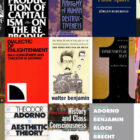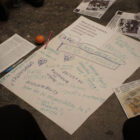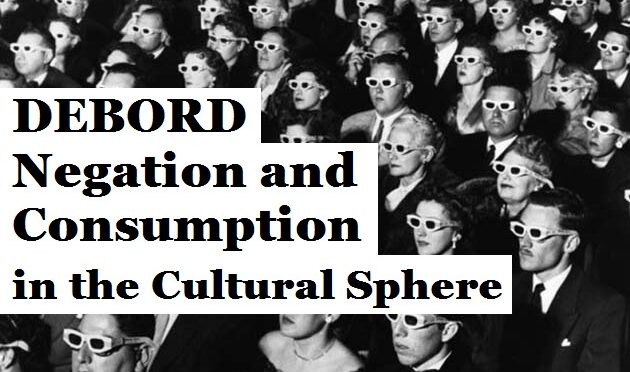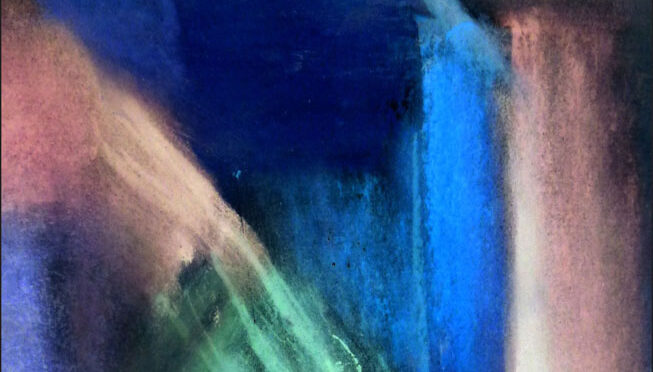Thanks to Silvia Bombardini and Elliot C. Mason for facilitating the excellent discussion on Mark Fisher’s Capitalist Realism in November, and to everyone who came and along and contributed.
Next Friday, 14 December we’re discussing two chapters from the The Idea of Communism (2010), chapter 6 Lear or Gonzalo by Terry Eagleton, and chapter 15 How to begin from the beginning by Slavoj Zizek. This book club is facilitated by Neil Lamont. Please visit the website to download the text and book your place.
Join us on Friday, 22 February 2019 for the first meeting of the Radical Pedagogy Research & Reading Group, a monthly forum and research project on alternative art education, radical pedagogy and self-organisation, with the practical aim of informing the development of an alternative studio programme. We will exchange ideas and determine the syllabus for the reading group. For more information and a draft reading list please visit the page.
![[SYMPOSIUM]#31 Eagleton & Zizek Idea of Communism. Flyer by Neil Lamont_thumb](https://videomole.tv/wp-content/uploads/2018/12/SYMPOSIUM32-Eagleton-Zizek-Idea-of-Communism.-Flyer-by-Neil-Lamont_thumb-140x140.jpg) [SYMPOSIUM] BOOK CLUB
[SYMPOSIUM] BOOK CLUB
Eagleton & Zizek: The Idea of Communism
Friday, 14 December 2018, 6:30pm – 9pm
LARC, 62 Fieldgate Street, London E1 1ES
Facilitated by Neil Lamont
Suggested donation £2, booking via Eventbrite
 [ART&CRITIQUE] COURSE
[ART&CRITIQUE] COURSE
Critical Theory in Contemporary Art Practice
10 January – 14 March 2019, 6pm–8:30pm
Chelsea College of Arts, 16 John Islip Street, London SW1P 4JU
Tutor Sophia Kosmaoglou
Booking via UAL
 [ART&CRITIQUE] RADICAL PEDAGOGY READING GROUP
[ART&CRITIQUE] RADICAL PEDAGOGY READING GROUP
Radical Pedagogy Research & Reading Group Meeting#1
Friday, 22 Feb 2019, 7pm – 9pm
LARC, 62 Fieldgate Street, London E1 1ES
Closest stations: Whitechapel / Aldgate East
Suggested donation £2, booking via Eventbrite
![Philip Guston [1973] Painting, Smoking, Eating. Oil on canvas, 196.8 x 262.9 cm.](https://videomole.tv/wp-content/uploads/2018/03/Philip-Guston-1973-Painting-Smoking-Eating.-Oil-on-canvas-196.8-x-262.9-cm_thumb-140x140.jpg) [OPPORTUNITIES & ANNOUNCEMENTS]
[OPPORTUNITIES & ANNOUNCEMENTS]
December 2018
The list of opportunities, open calls, deadlines, announcements & vacancies is updated regularly.
If you would like to post your listing for open calls, opportunities or vacancies on the list please use the contact form to send us the details.
IMAGE CREDITS
Neil Lamont [2018] Flyer for [SYMPOSIUM]#32 Eagleton & Zizek: The Idea of Communism (detail).
ART&CRITIQUE workshop, First Alternative Education Open-Day 2017. Photo by School of the Damned.
Philip Guston [1973] Painting, Smoking, Eating. Oil on canvas, 196.8 x 262.9 cm.


![[SYMPOSIUM]#31 Eagleton & Zizek Idea of Communism. Flyer by Neil Lamont_thumb](https://videomole.tv/wp-content/uploads/2018/12/SYMPOSIUM32-Eagleton-Zizek-Idea-of-Communism.-Flyer-by-Neil-Lamont_thumb-140x140.jpg)


![Philip Guston [1973] Painting, Smoking, Eating. Oil on canvas, 196.8 x 262.9 cm.](https://videomole.tv/wp-content/uploads/2018/03/Philip-Guston-1973-Painting-Smoking-Eating.-Oil-on-canvas-196.8-x-262.9-cm_thumb-140x140.jpg) [OPPORTUNITIES & ANNOUNCEMENTS]
[OPPORTUNITIES & ANNOUNCEMENTS]